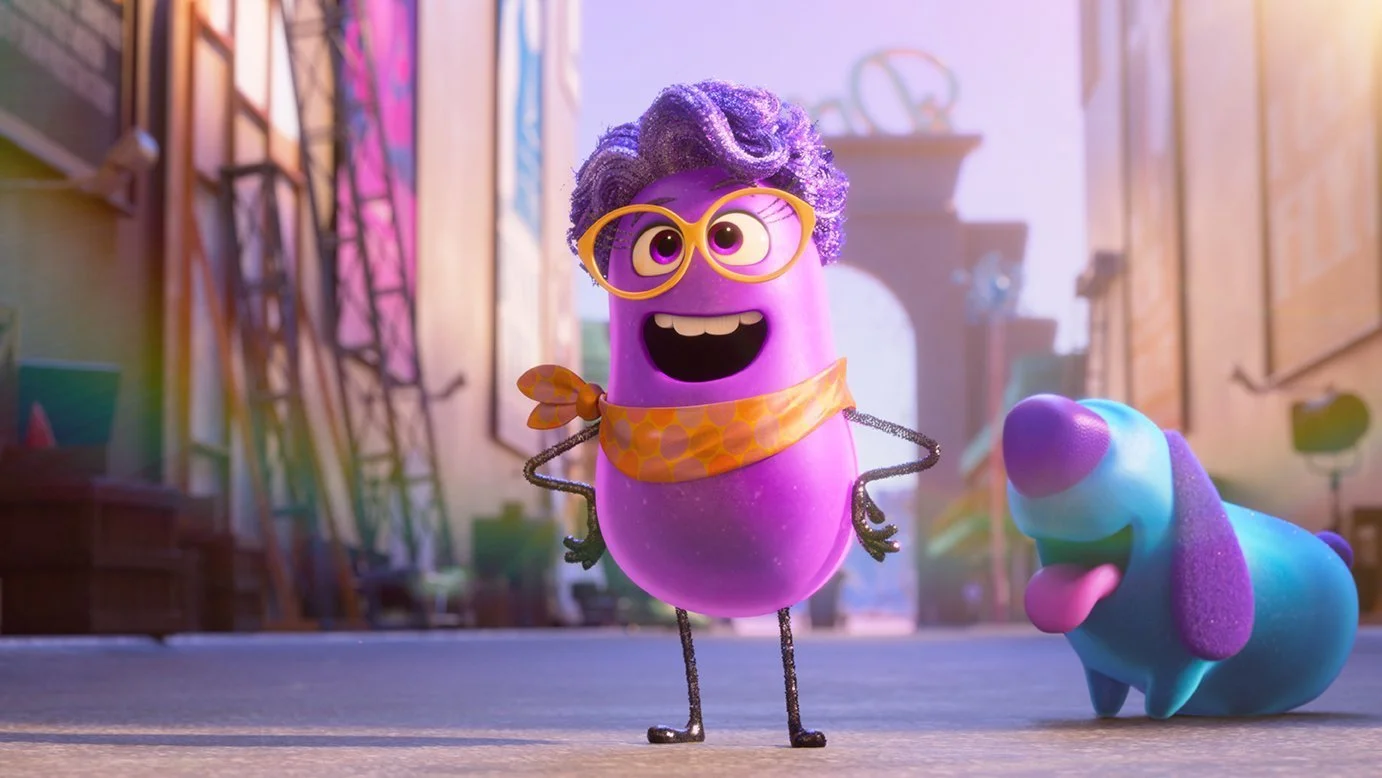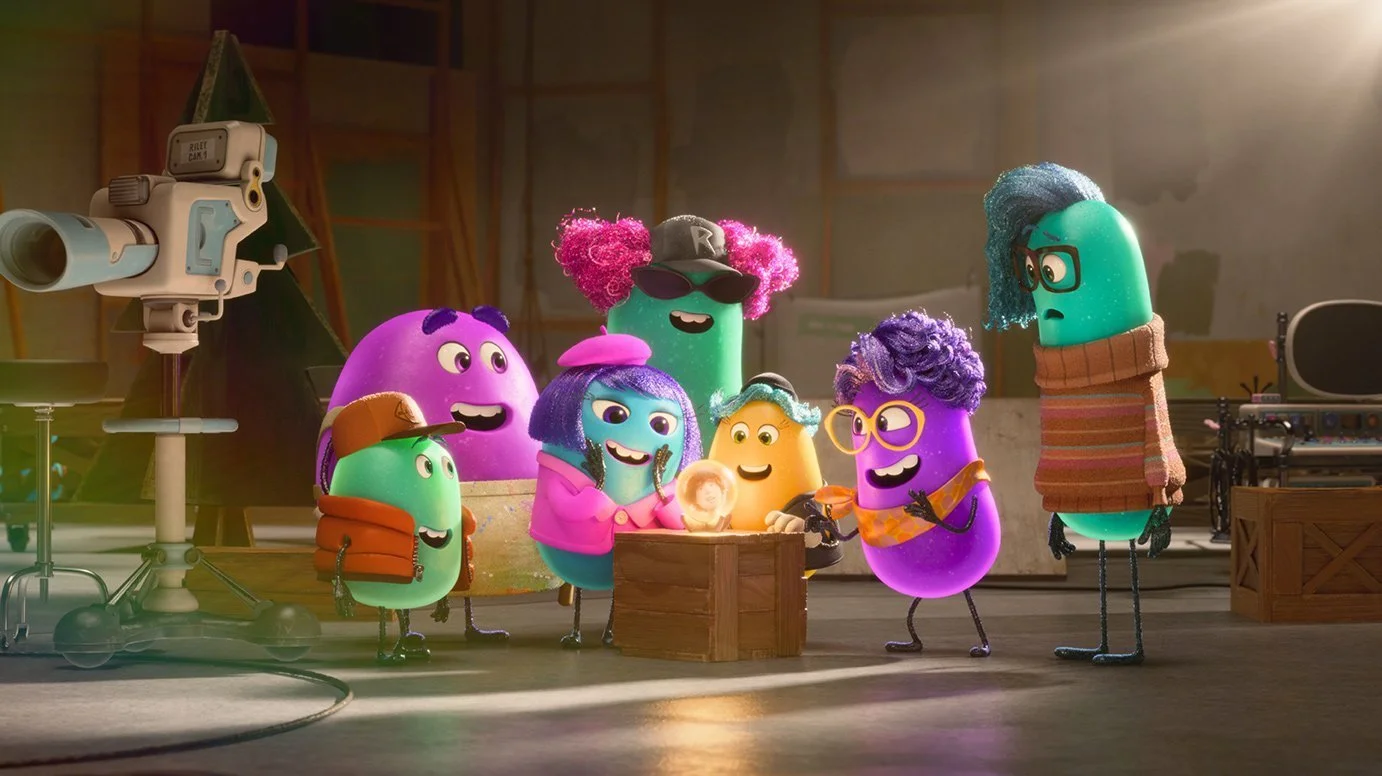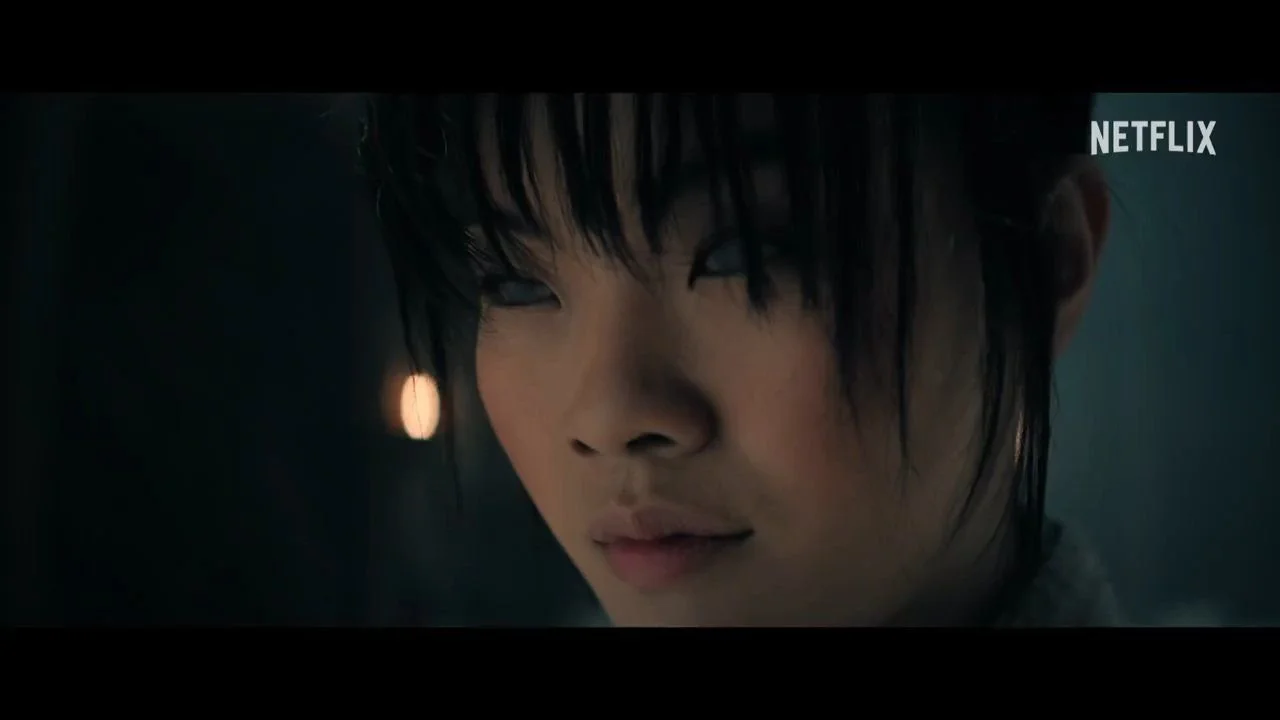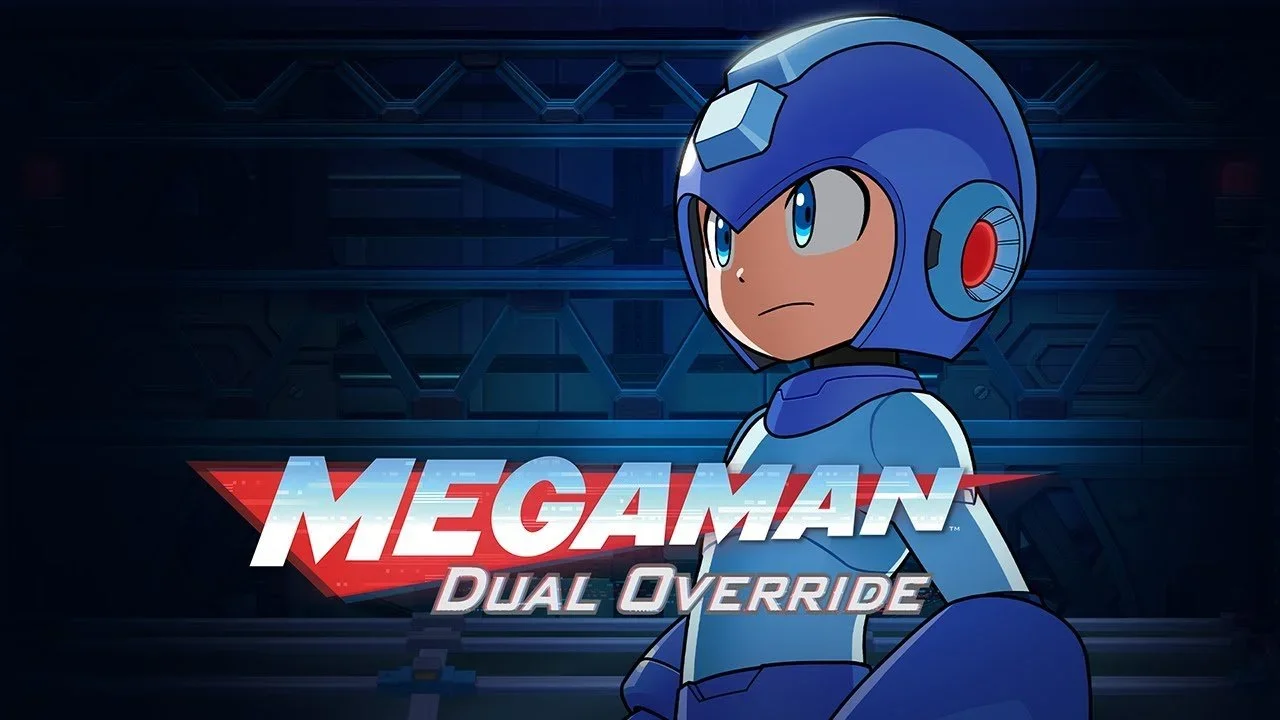Spoiler Review: 'Dream Productions'
Image Source: Pixar
The spectacular success of Inside Out 2 at the box office surely bolstered Disney and Pixar’s hopes for the newly released miniseries Dream Productions. A closer look at the film studio in Riley’s mind that creates the dreams that appear in Headquarters, this series is a solid addition to the growing franchise that is Inside Out.
However, its nature as a miniseries of only four, 20-odd minute episodes means that its story has a few holes that one extra episode, or more time for each installment, would have fixed. Despite these drawbacks, Dream Productions is still fun, meaningful, and intriguing. Now, here’s our spoiler-filled review at CultureSlate.
RELATED:
Dream Productions is presented as a documentary, showing the day in the life of dream director Paula Persimmon (voiced by Paula Pell), set between the original Inside Out and its sequel. As a director focused on making joyful dreams, Riley’s tween years have brought a lot of new feelings and questions that impact her memories, material from which is taken and used to make dreams at the film studio.
Paula is struggling, her greatest hits years in the past, and another critical blow is dealt at the start of the series when she loses her longtime assistant director Janelle, who is instead made a full director in competition with Paula.
Image Source: Pixar
Paula is an interesting main character, similar to Joy and Bing Bong from the first Inside Out. She is intensely focused on making Riley happy but is also stuck in the past, which sets her wavering career back when she makes a dream that caters more to herself and her past successes than to Riley in the present.
Paula’s past success has also made her arrogant and stubborn with a flair for the art of the spin, though she genuinely cares for Riley and cares about giving her happiness through her dreams.
Image Source: Pixar
The other main character who comes into play from Episode 2 onward is Xeni, voiced by Richard Ayoade. The nephew of the studio head, and a talented daydream maker, Xeni is sent in as a replacement for assistant director Janelle, giving him both a shot at the big leagues and providing a new perspective to hopefully punch up Paula’s dreams. However, Xeni is similarly arrogant and stubborn, but also intensely focused on the artistic quality of the material, creating a clash between avant-garde, “gritty” filmmaking and mainstream studio production.
The show's antagonist is studio head Jean Dewberry, voiced by Maya Rudolph. Jean is both manipulative and sincere, inference-filled and direct, and no doubt refers to many experiences and insider stories about Hollywood executives the Pixar team making this show knew of. However, to a certain extent, her anger at Paula is understandable.
Paula ignores Jean’s criticism of her filmmaking in Episode 1, resulting in a disastrous dream that snaps Riley awake. In Episodes 3 and 4, the antics created by the clash between Paula and Xeni endanger Riley (and thus the studio) and has Headquarters in the form of Anger breathing down her neck. However, her actions in Episode 4 to force a dream into production were deeply wrong, born out of a quest for success that turned hostile and has tinges of Anxiety’s story from Inside Out 2.
Image Source: Pixar
There are many side characters in the show who also deserve a moment in the spotlight. The other directors are enjoyable as are the many members of Paula’s production team, with a standout in Noriko, who briefly takes a role similar to Janelle. There are also copious background and visual gags, while Paula’s dog Melatonin, of course, puts people to sleep if they give him scratches and are in the radius of the resulting cloud of sleep-inducing dust.
But where the show struggles is in the short runtime which leaves little room to develop these side characters or show deeper character growth. In one example, despite Janelle’s significance to Paula, we only see small bits of her throughout the series. We get hints that she’s struggling as a new director and is under the same pressure as Paula, but these are all inferred or only briefly seen instead of properly examined.
Meanwhile, while we see Paula come to a realization about herself and her dream-making, the lack of a proper apology to Xeni feels like a mistake. Both are arrogant characters, and they interrupt each other’s attempts to apologize, while bigger events force them into action. But showing a moment where Paula properly apologizes, and Xeni accepts it, would have added a lot more to her arc and reinforced Xeni accepting he made a mistake on his own. Regardless, she is made head of the studio by the end of the story, so if we get more from Dream Productions, it will almost certainly involve the clashes she generates while at the top.
Image Source: Pixar
Regardless of these issues, the show is still excellent. It is laced with commentary on Hollywood culture, examines film genres and film productions, addresses when creatives lose touch with their audience and look to reconnect, and gives lots of interesting details about Inside Out’s world. Hopefully, we get a continuation revisiting these characters and the intriguing concepts they help convey to any viewer!
Review: 8/10
READ NEXT:
Source(s): Disney+


















